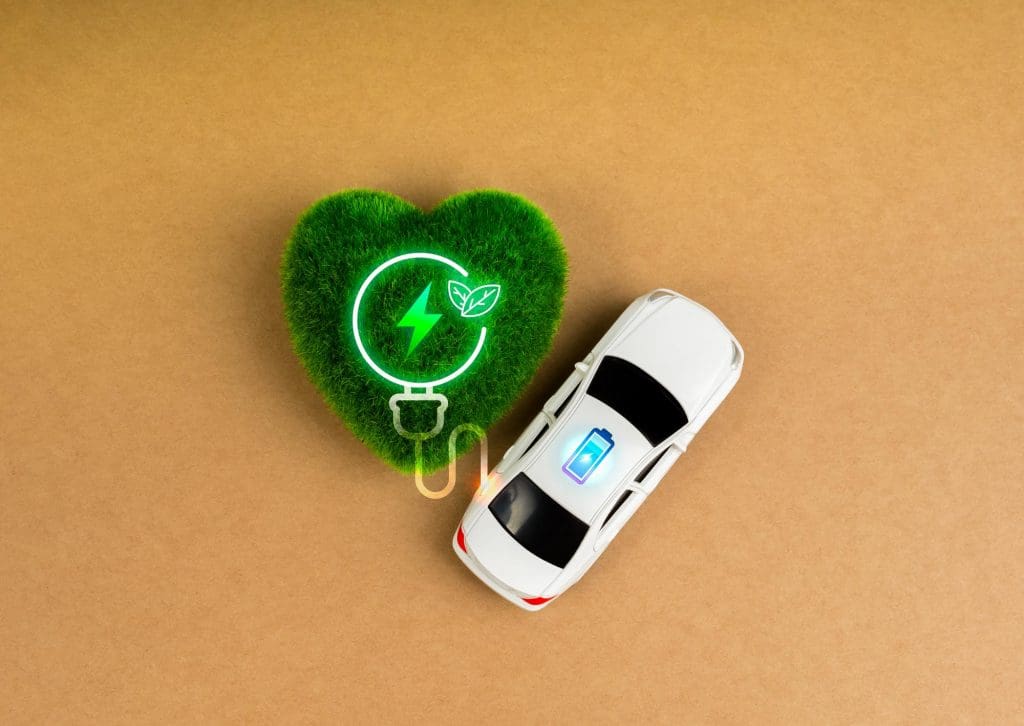Your EV’s battery is like its heart — and how you treat it determines how far it’ll take you. The good news? With smart charging habits and simple care, you can keep your range strong for years to come.
Understanding Battery Health
All batteries degrade gradually, losing a little capacity over time. Most EVs lose around 2–3% per year on average — meaning your 250-mile range might still deliver 225 miles after five years. That’s normal and manageable.
Battery degradation comes down to three main factors: charging habits, temperature exposure, and driving style. The aim isn’t to stop wear — it’s to slow it down.
Charging Habits That Protect Your Battery
- Avoid constant 100% charges: Keeping the battery between 20–80% reduces stress on the cells.
- Limit fast charging when possible: Ultra-rapid charging is convenient but generates heat. Mix it with home or workplace top-ups.
- Charge after driving, not before: Let the battery cool slightly before plugging in after long drives.
- Use smart scheduling: Many chargers and apps let you set charging to finish just before departure — ideal for battery efficiency.
Apps like ONEEV show live charging data so you can monitor usage and keep sessions balanced over time.
Temperature and Environment
Batteries prefer moderate temperatures — too hot or too cold, and performance dips. Most modern EVs have thermal management systems, but good habits still help:
- Park in the shade or a garage during hot weather.
- Pre-heat the car while it’s still plugged in on cold mornings.
- Avoid leaving the battery near empty in freezing conditions.
Using preconditioning (found in most apps and infotainment systems) ensures the battery is at the right temperature before charging or driving.
Driving Style and Regeneration
Smooth acceleration, gentle braking, and using regenerative modes help reduce energy loss. Sudden, repeated full-power launches don’t just drain the battery faster — they increase heat and wear over time.
Regenerative braking can recover up to 15% of lost energy in stop-start traffic. Optimising regen settings is an easy way to add miles without plugging in.
How ONEEV Helps You Track Battery Health
- Charging history: View your kWh sessions, duration and frequency across networks to identify healthy charging habits.
- Smart alerts: See live pricing and charge-completion notifications to prevent over-charging.
Explore battery care guides and ownership tips in ONEEV Insights.
Professional Maintenance and Warranties
Most EV batteries carry warranties of 8 years or 100,000 miles (whichever comes first). That’s a long lifespan — but annual health checks help catch issues early.
Specialist diagnostics can measure state-of-health (SOH), giving peace of mind when buying used EVs. Many dealerships now include these reports as part of approved-used programmes.
FAQs
How long do EV batteries last?
Most modern EVs will comfortably exceed 10 years or 150,000 miles before noticeable degradation impacts everyday use.
Is it bad to use fast chargers frequently?
Occasional use is fine — but relying exclusively on fast charging can shorten long-term health slightly. Mixing charge types is best.
Should I keep my battery full when parking long-term?
No. Aim for around 50–60% state of charge if the car will sit unused for more than a week.
